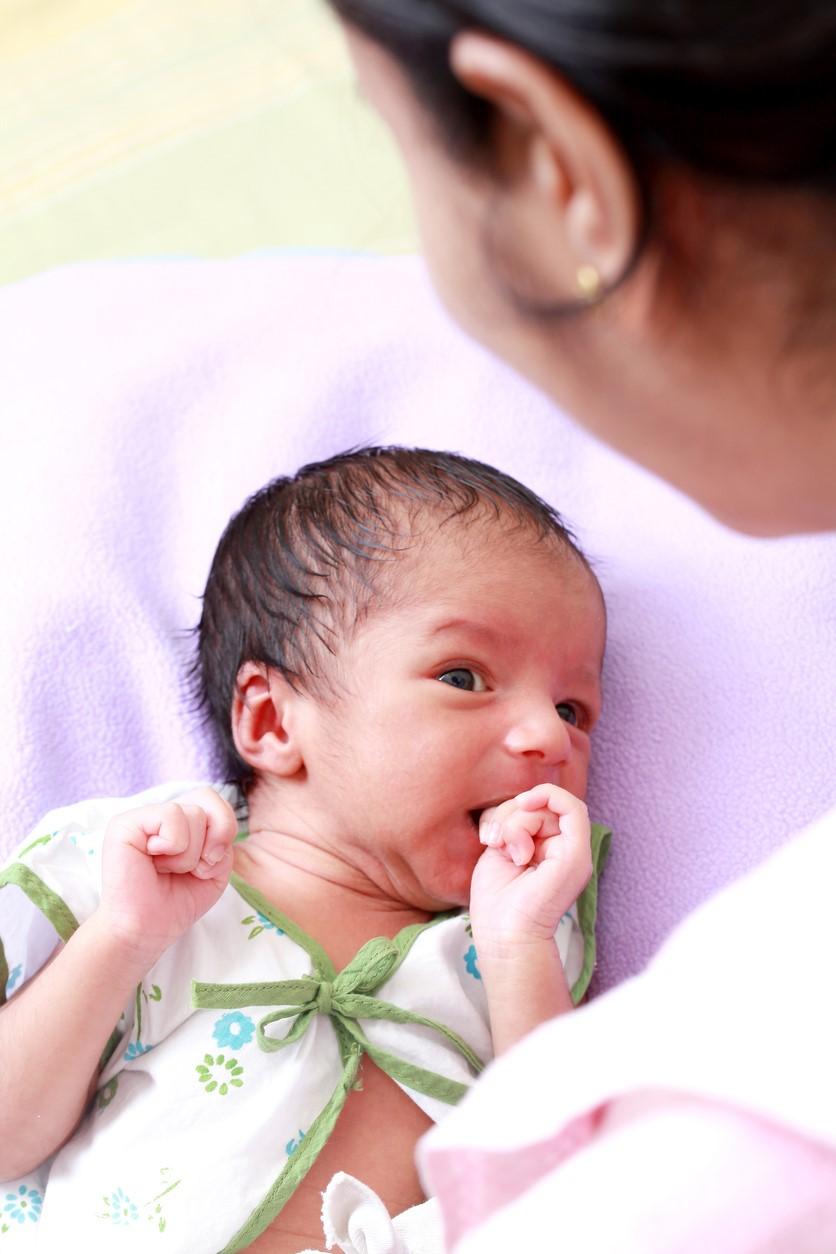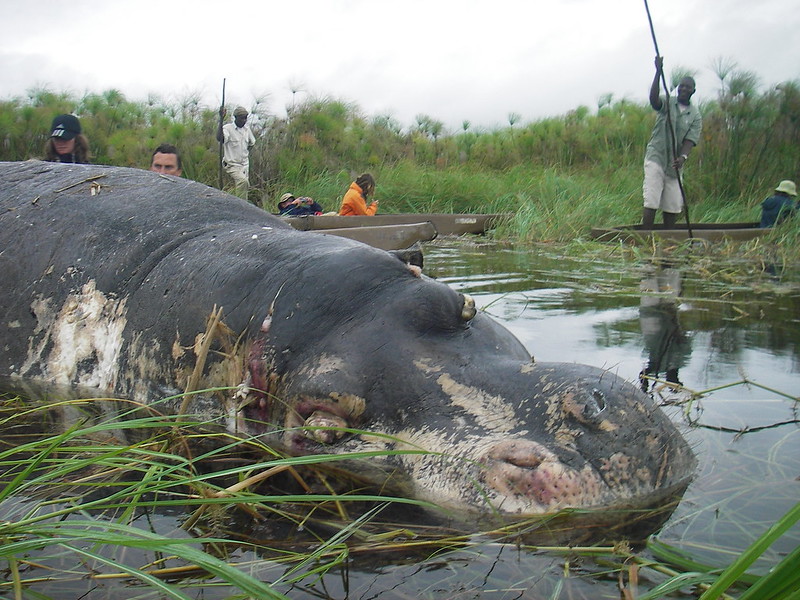
Children younger than 5 years exposed to maternal syphilis in utero, including those with congenital syphilis detected at birth, were at higher risk for all-cause hospitalization and had longer hospital stays, according to a study conducted in Brazil and published yesterday in JAMA Network Open.
Led by researchers from the London School of Hygiene and Tropical Medicine, the study involved data from the Center of Data and Knowledge Integration for Health Birth Cohort on 8.3 million single births from January 2011 to December 2015, with a 3-year follow-up. Of all children, 30,039 had been exposed to maternal syphilis, and 36,443 had congenital syphilis.
The incidence of syphilis, a bacterial infection caused by Treponema pallidum, has increased more than 200% among women of child-bearing age in high-income countries in recent years, the researchers noted.
"Syphilis can be transmitted sexually or vertically from mother to child during pregnancy, affecting the developing fetus," they wrote. "It is estimated that globally, maternal syphilis has caused 350,000 adverse birth outcomes every year, including stillbirth, preterm birth, low birth weight, neonatal deaths, and congenital infection."
Congenital cases carry 6 times the risk
During the study, 65.1% of children with congenital syphilis and 31.3% with maternal syphilis were hospitalized at least once, compared with 19.0% in the unexposed group.
These results suggest the need for close monitoring of exposed children and stress the importance of preventing syphilis in women of childbearing age.
Relative to unexposed children, those with congenital syphilis were at a 6-fold increased risk for first hospitalization (hazard ratio [HR], 6.19), and those exposed to maternal syphilis were at nearly twice the risk (HR, 1.90). The highest risk of hospitalization was noted in the first month of life among congenital syphilis patients (HR, 11.53).
Although risk declined with increasing age, syphilis-exposed children had higher hospitalization rates than the unexposed group until age 36 months. Those exposed to syphilis in utero also had more and longer hospital stays.
"These results suggest the need for close monitoring of exposed children and stress the importance of preventing syphilis in women of childbearing age," the study authors wrote.








